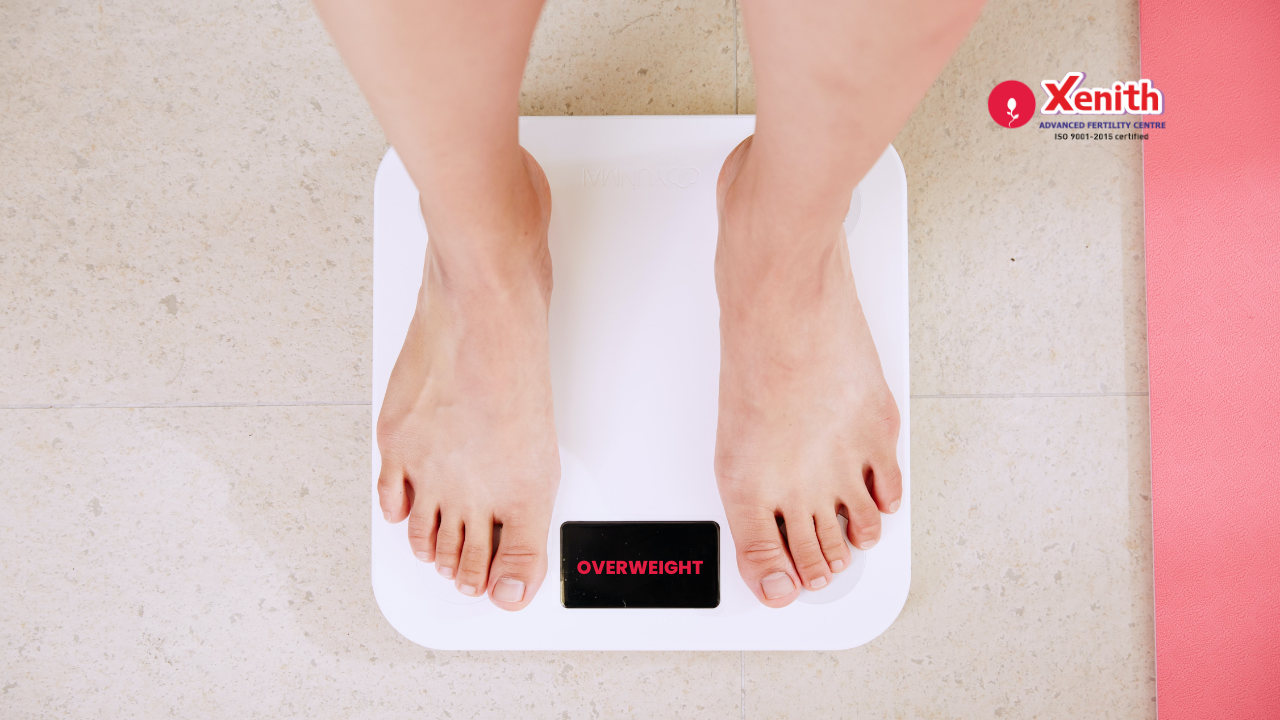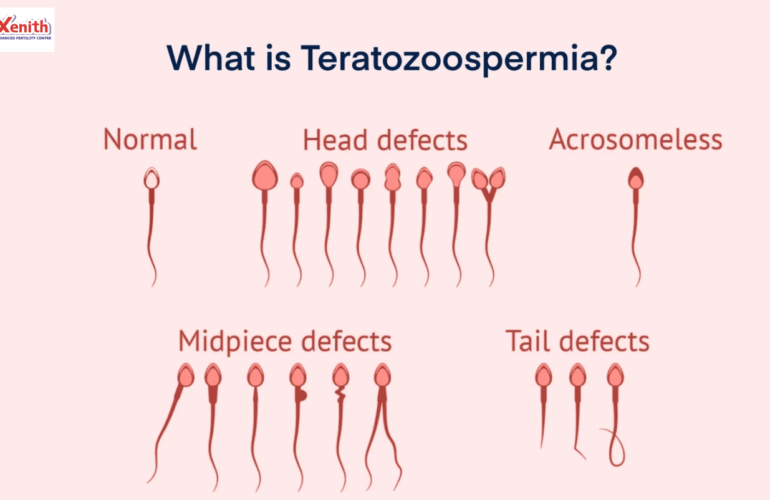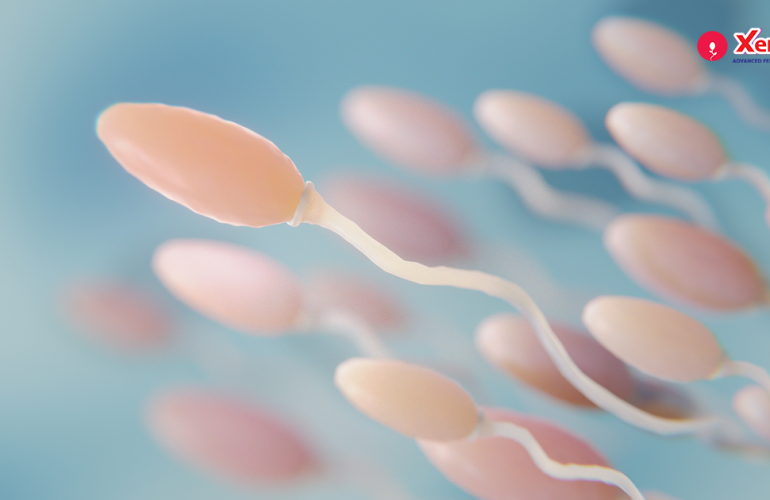Most people are aware that being overweight could increase the risk of certain health problems like diabetes or heart disease. Being overweight or being obese occurs when there is excessive fat accumulation that could be due to increased caloric consumption, changes in nutrition, inactivity, endocrine or hormonal disorders, psychological disorders or due to certain medications like steroids or antidepressants. But did you know that being obese could also reduce fertility and decrease the chances of having a healthy baby?
What is considered the ideal weight

Free Thursday Consultation
Body mass index (BMI) is an approximate measure of your total body fat and helps you figure out your optimum weight for good health. It is calculated by dividing your weight (Kg) by your height squared (m2). As per WHO guidelines, a healthy BMI is considered to be between 18.5 and 24.9. However, having a BMI of 25-29.9 is considered overweight and a value over 30 is considered obese. (1) But your BMI isn’t always an accurate measure. Your waist circumference can also be a good predictor of health risk because the distribution of fat on your body is more important than the total amount of fat. Having fat around your belly means you are more prone to develop certain health issues. However, if you are muscular, it can also affect your BMI calculations because this calculation for BMI doesn’t differentiate between body fat and muscle mass. So be aware that BMI is a general approximation of your health condition.
How does excess weight affect fertility
In women, the menstrual cycle is regulated by a proper level of certain hormones. This hormonal balance can be disrupted in obese women because they have higher levels of the hormone leptin which is produced in fatty tissue. The ovaries as well as fat cells both make the female hormone estrogen and too much estrogen and leptin due to increase in fat cells can lead to irregular or absent monthly cycles leading to infertility. Insulin resistance where the body produces more insulin in order to keep the blood sugar at normal levels can also be caused by having excess fat in the body which can in turn affect fertility. Excess fat may also affect the ovaries, endometrium and quality of the eggs, leading to lower pregnancy rates and increased complications during pregnancy. In one study it was found that the risk of infertility is threefold higher in obese women than in women with a healthy weight and their fertility seems to be decreased in both natural and assisted conception cycles.(2) Polycystic ovary syndrome (PCOS) which is a hormonal disorder affecting the ovaries is closely associated with obesity. Obese women who are going through invitro fertilization (IVF) may also have decreased embryo quality, and they might need higher doses and longer period of ovarian stimulation.
Obesity in men can also be linked to decreased fertility. It can affect the quality and the quantity of the sperm, lead to sexual dysfunction and other health conditions like diabetes and sleep apnea.
How to deal with obesity
The good news however is that even a modest weight loss of 5-10% can improve fertility. (3) In other words, it is reversible leading to improved pregnancy outcomes.
Consult your doctor to find out if you are obese by having your height, weight and waist circumference recorded and ask them how to deal with obesity. Meet with your doctor at regular intervals to monitor your progress.(4)
Improvements in diet and increased physical activity can tackle obesity. Try to lead a healthy lifestyle by eating a healthy diet, cutting out any junk foods like chips and fast foods, foods with refined sugars like cakes, biscuits and sweets, as well as fried foods. Cut out smoking, drinking alcohol and try to reduce anything that causes you stress. Go outside for a walk for at least 30 minutes every day or go to the gym for a workout. You could consult a dietician to help you evaluate your present diet and how it can be improved for your individualized needs. You could turn to close friends, family, a therapist or join a support group who are dealing with the same issues as you to help and motivate you to lose weight. It might also help to have your partner join you in this weight loss journey. If these methods are unsuccessful, speak to your doctor about medications or surgery. If you have any questions about how your weight might be affecting your chances of getting pregnant, please feel free to come talk to the specialists at Xenith Advanced Fertility Centre and let them help you achieve your dreams of having children.




